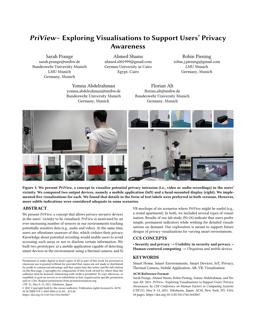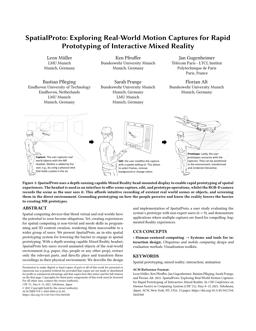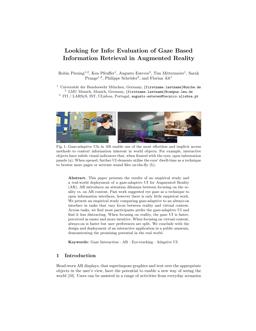Short Description
Within the MuQuaNet project, a quantum communication network will be established, tested and operated in the Munich environment. Based on selected applications, relevant research questions are identified and investigated.
Quantum Key Distribution (QKD) is a method that uses the physical properties of quantum mechanics to provide two or more parties with a common, secure key for communication.
Secure communication over the Internet is an essential prerequisite for trustworthy cooperation in all areas of our society. Applications, data, messages, telephone calls or e-mails must be protected from access by unauthorized third parties on the Internet. Powerful, universal quantum computers, which are already available in initial test versions, would render virtually all public-key encryption and key exchange methods used today insecure. Quantum key distribution (QKD) is a technique that uses the physical properties of quantum mechanics to provide two or more parties with a common, secure key for communication.
The security of quantum key distribution is based on known physical laws and not on assumptions about the difficulty of the algorithm to be solved (discrete logarithm problem) as in classical methods. The security of QKD methods stems from the fact that the attacker eavesdropping on the key transmission is noticed and even the amount of information tapped by him can be measured.
Goals
The goal of the project is to develop, build and operate a quantum-safe communications network for research and evaluation with UniBw M as its core and to make it available to other research institutions, government agencies and military services. Constructed from a variety of components, it will prepare for seamless integration into today's network communications, demonstrate the wide range of possible applications, and serve as a blueprint for building customized, highly secure communications networks.
A combination of terrestrial (wired/fiber), terrestrial free-space, and quantum-based communications infrastructure can ensure the security of digital transactions over short and long distances. Therefore, the establishment of a QKD quantum communication network is the key tool to research and develop secure and trusted communication.
Quelle Teaserbild: © iStockphoto/Athitat Shinagowin
Publications
| Sarah Delgado Rodriguez, Sarah Prange and Florian Alt. Take Your Security and Privacy Into Your Own Hands! Why Security and Privacy Assistants Should be Tangible. In Mensch und Computer 2021 - Workshopband. Gesellschaft für Informatik e.V., Bonn. [Download Bibtex] | ||
 |
Sarah Prange, Ahmed Shams, Robin Piening, Yomna Abdelrahman and Florian Alt. PriView – Exploring Visualisations Supporting Users' Privacy Awareness. In Proceedings of the 2021 CHI Conference on Human Factors in Computing Systems. CHI ’21. Association for Computing Machinery, New York, NY, USA. [Download Bibtex] [Video] | |
 |
Leon Müller, Ken Pfeuffer, Jan Gugenheimer, Sarah Prange, Bastian Pfleging and Florian Alt. SpatialProto: Using Real-World Captures for Rapid Prototyping of Mixed Reality Experiences. In Proceedings of the 2021CHI Conference on Human Factors in Computing Systems. CHI'21. Association for Computing Machinery, New York, NY, USA. [Download Bibtex] | |
 |
Robin Piening, Ken Pfeuffer, Augusto Esteves, Tim Mittermeier, Sarah Prange, Philippe Schroeder and Florian Alt. Gaze-adaptive Information Access in AR: Empirical Study and Field-Deployment. In Proceedings of the 18th IFIP TC 13 International Conference on Human-Computer Interaction. INTERACT '21. Springer, Berlin-Heidelberg, Germany. [Download Bibtex] |